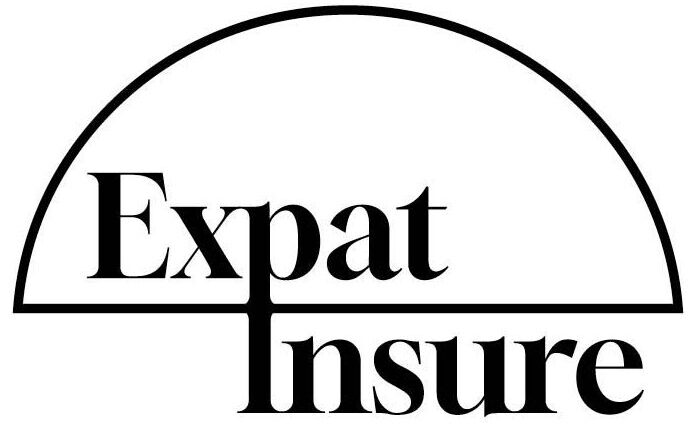For expats moving to the UK, securing private health insurance is often essential—particularly if access to the free care provided by the UK’s National Health Service (NHS) is limited. While the NHS offers comprehensive healthcare services to residents, eligibility can be restricted for many expats. As a result, many choose private health insurance to ensure timely, high-quality medical care and peace of mind. In our article below we cover the cost of private health care in the UK using
Local vs. International Health Insurance
Expats typically need to choose between local and international health insurance:
-
Local Plans: These provide coverage within the UK and tend to be more affordable, but they usually don’t cover medical care abroad.
-
International Plans: These offer global coverage, ideal for expats who travel frequently or may return to their home country. While more expensive, they provide greater flexibility and reassurance for globally mobile individuals.
The choice between the two depends on your lifestyle, travel habits, and long-term plans while living in the UK.


